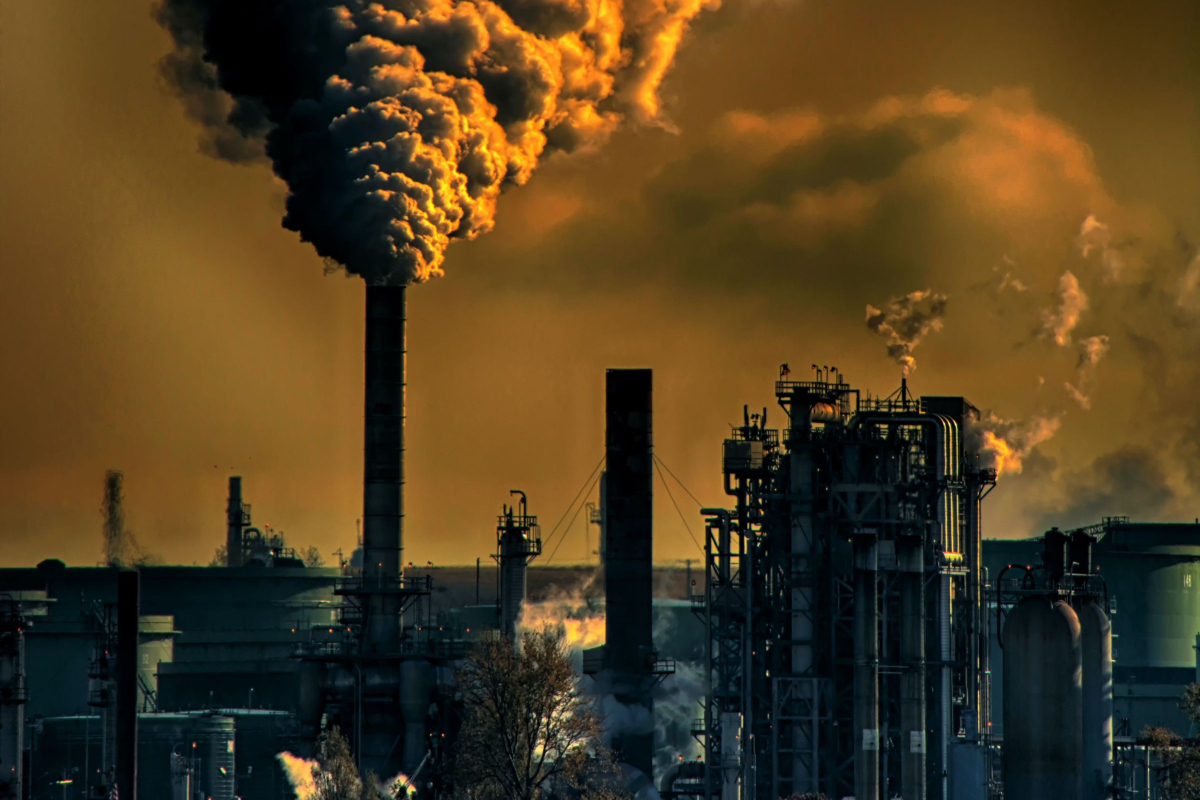The Big Oil Lawsuits: Why They Matter and What to Expect
Big Oil companies like ExxonMobil and Chevron are facing several important lawsuits. These lawsuits accuse them of hiding what they knew about climate change and their role in making it worse. The outcome of these lawsuits could be a game-changer for the fight against climate change.
Why Are These Lawsuits Important?
These lawsuits are crucial because they aim to hold Big Oil accountable for their actions. For decades, these companies knew that burning fossil fuels was bad for the planet. However, they continued to promote oil and gas while hiding the truth. As a result, climate change has become a major problem, leading to extreme weather, rising sea levels, and other environmental issues.
If the courts find Big Oil guilty, it could lead to significant penalties and force these companies to change how they do business. This could be a big step forward in reducing greenhouse gas emissions and protecting the environment.
The Role of Courts in These Lawsuits
The court where these cases are tried plays a significant role in their outcome. The plaintiffs, usually states, cities, or environmental groups, prefer state courts. State courts might be more sympathetic to local concerns about climate change. On the other hand, Big Oil companies want these cases moved to federal courts. They believe federal courts might be more favorable to their arguments and offer a more consistent legal environment.
Why Big Oil Wants to Change Courts
Big Oil companies are trying to shift these lawsuits from state to federal courts for several reasons:
- Legal Advantage: Federal courts may offer a legal framework that is more favorable to the companies. They might interpret laws differently or have precedents that benefit Big Oil’s defense.
- Consistency: Federal courts provide a more uniform legal environment. State courts can vary widely in their rulings, making it harder for Big Oil to predict outcomes.
- Delay Tactics: Moving cases to federal courts can slow down the legal process. Delays can be beneficial for these companies, giving them more time to continue their operations without changes.
Will Big Oil Be Held Accountable?
The question of whether Big Oil will be held accountable is still up in the air. The outcome depends on many factors, including the court’s decisions, the evidence presented, and public opinion.
If the lawsuits stay in state courts, there is a higher chance that Big Oil could face significant penalties. State courts might be more inclined to rule in favor of local communities affected by climate change. However, if the cases move to federal courts, the companies might have a better chance of avoiding severe consequences.
The Impact of These Lawsuits
Regardless of the court, these lawsuits have already made a difference. They have raised awareness about the role of Big Oil in climate change and put pressure on these companies to be more transparent about their practices. Even if the courts do not rule against Big Oil, the public and political pressure could lead to changes in how these companies operate.
Final Thoughts
The lawsuits against Big Oil are a critical part of the fight against climate change. They aim to hold these powerful companies accountable for their actions and push them to change their ways. The choice of court can significantly impact the outcome, with state courts potentially being more favorable to the plaintiffs. Whether Big Oil will be held accountable is still uncertain, but these lawsuits have already sparked important conversations and could lead to meaningful changes in the future.
By keeping an eye on these legal battles, we can better understand how the justice system can play a role in addressing climate change and ensuring a safer, healthier planet for future generations.


